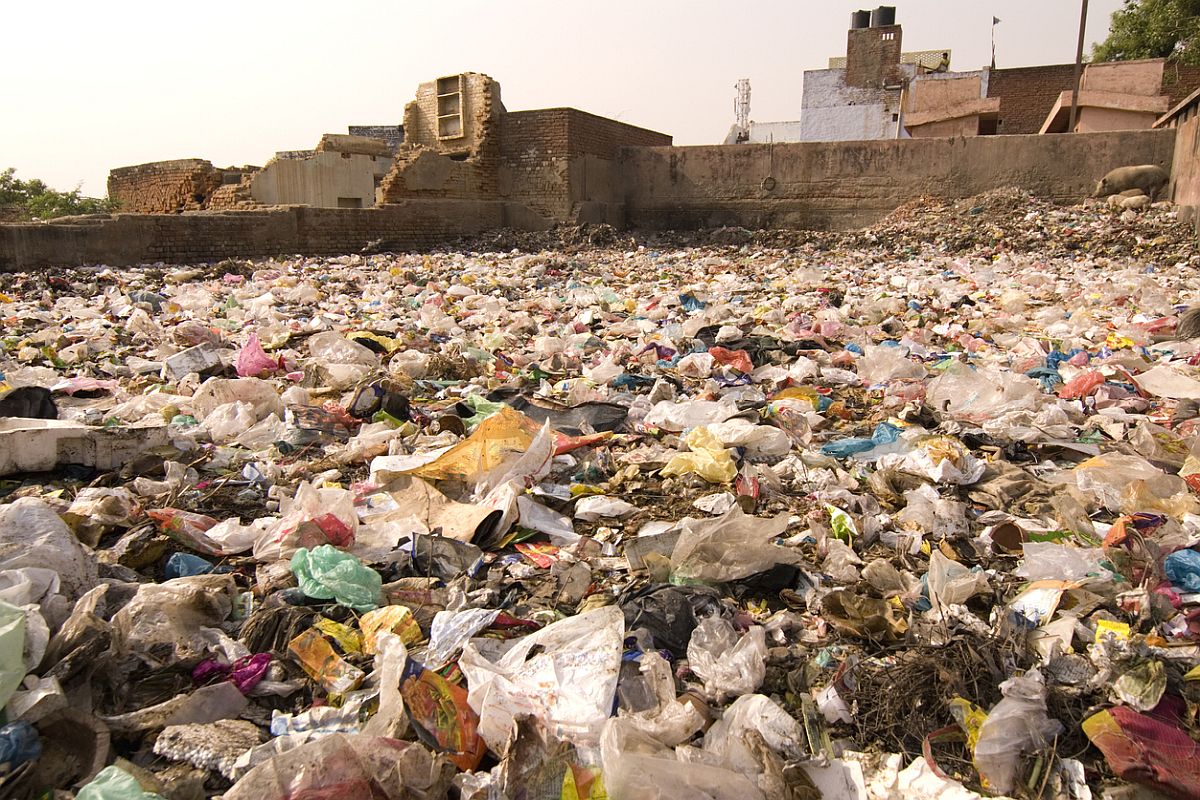Harms of biomedical waste to environment and disposal tips
Medical waste which includes discarded Medicines and cytotoxic drugs also includes waste of outdated contaminated and discarded medicines.
According to one estimate, India may be generating more than 100 tonnes of Covid-related waste every single day, an addition by about a sixth to the already burgeoning waste tally of the country.

(Representational image: iStock)
On 15 August 2019, just under a year ago, the Prime Minister in his Independence Day speech deprecated the use of single-use plastic.
A few weeks later, on the birth anniversary of the Father of the Nation, Mr Narendra Modi announced that India would phase out single-use plastic by 2022.
Advertisement
In March 2020 came the coronavirus epidemic and those lofty and well-intentioned goals appear now to have perished under the staggering weight of biomedical waste, a lot of it plastic and capable only of single use.
Advertisement
According to one estimate, India may be generating more than 100 tonnes of Covid-related waste every single day, an addition by about a sixth to the already burgeoning waste tally of the country.
With the focus of administrators riveted to managing a public health emergency, and without India having either embraced a comprehensive waste disposal policy or inculcated good waste segregation habits, the position can only get worse.
The informal trade of scavengers and rag-pickers has been the first to face the consequences of handling biomedical waste, which can be seen lying abandoned outside smaller hospitals and crematoria and is often mixed with municipal waste before making its way to landfills.
In the national capital alone, several dozen sanitation workers had been afflicted by the virus and many have lost their lives. This story has been repeated in other major cities as well. But it will not be long before the weight of this waste overwhelms all of society, as the country’s estimated 4 million sanitation workers act as catalysts.
Enforcement efforts have been largely ineffectual. While the Central Pollution Control Board was quick to release guidelines on how to treat Covid related waste, having done so in March, these remain largely on paper.
The rules state that masks, gloves, tissues and swabs from Covid-19 patients under home isolation must be collected separately and treated as biomedical waste. Before being sent to common biomedical waste treatment facilities, masks and gloves should be cut to prevent re-use and kept in a paper bag for at least 72 hours. But these guidelines are being routinely flouted.
Petitions filed in courts and before the National Green Tribunal claim that Covid waste is being dumped carelessly in the open. The reasons for this are not hard to find ~ while the Government worked overtime to publicise its Aarogya Setu app, it has done little to educate people on waste management, especially waste generated by Covid.
Unless this changes and fast, India will face a second health emergency, one fuelled by ineffective management of the consequences of the first.
Advertisement